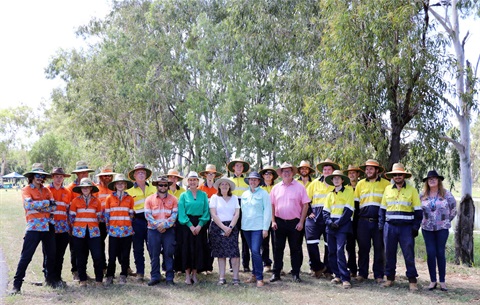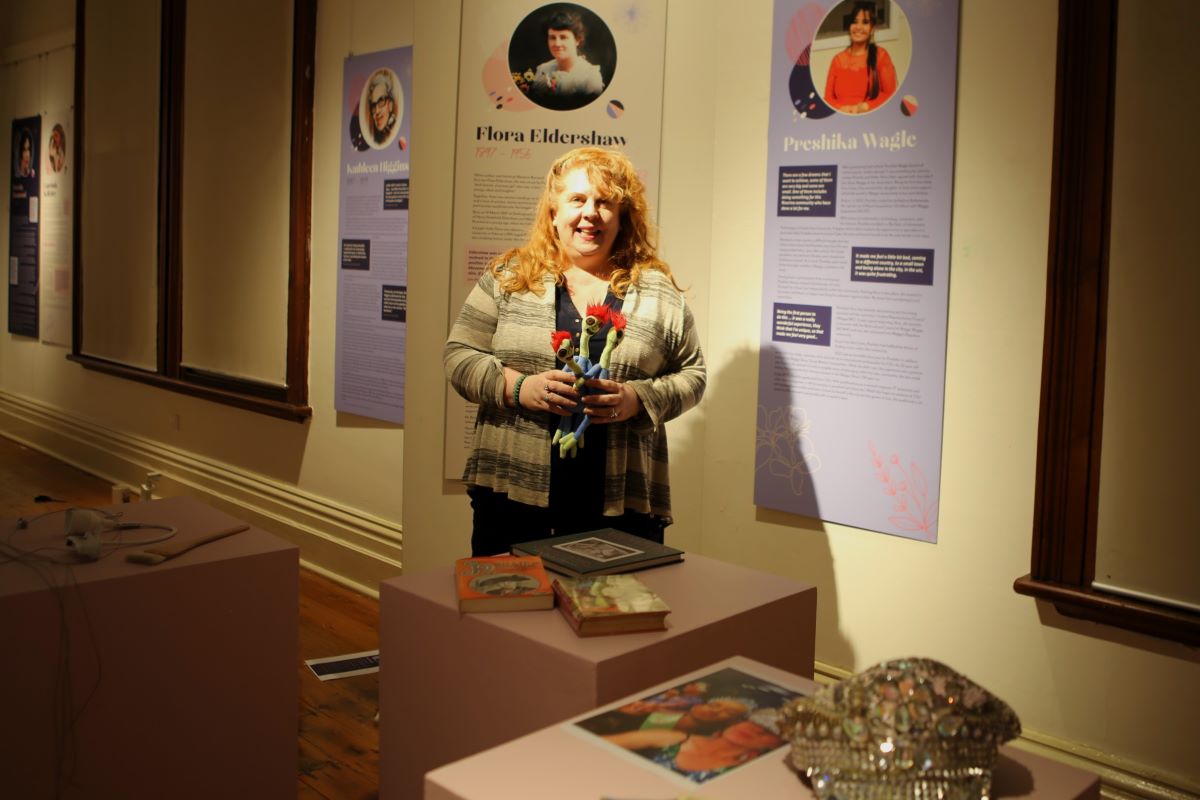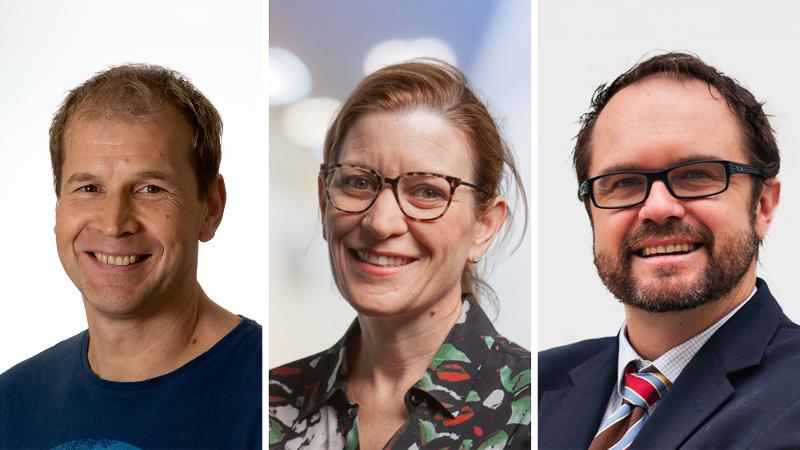
A collaborative restoration project between Rockhampton Regional Council, Multicultural Australia and Capricornia Catchments is bringing new life to Yeppen Lagoon.
Water and Environmental Sustainability Councillor Donna Kirkland said more than 3,500 native trees, shrubs and ground cover seedlings have been planted at the site under the partnership.
“We are delighted to have joined forces with Multicultural Australia and Capricornia Catchments to undertake this significant project,” Cr Kirkland said.
“Through funding from the Queensland Government’s Skilling Queenslanders for Work Program, two cohorts of local participants have been carrying out planting works that not only beautify the Yeppen Lagoon area but also support the local ecosystem.
“Once established, the plantings will help restore the buffer along the waterway, improve sediment management and wildlife habitat as well as incorporate strategic shade plantings along the pathway.”
Parks, Sports and Outdoor Spaces Councillor Cherie Rutherford said this project will allow the area to flourish, making it a welcoming spot for family, friends and wildlife.
“Yeppen Lagoon is the gateway to Rockhampton City and the Botanic Gardens and provides a great backdrop for one of our popular walking paths and birdwatching areas,” Cr Rutherford said.
“The program’s participants have done an outstanding job in beautifying the surroundings of Yeppen Lagoon and are also extending improvements to other sites across Rockhampton – including Fraser Park, Col Austin Park, Eichelberger Park, Duthie Park and Council’s nursery.
“I want to thank all involved in this project throughout the year – the improvements across the region are wonderful.”
Along with the improvements to the area, Member for Rockhampton Barry O’Rourke said a major benefit of the program is the skills it provides its participants.
“This initiative funds community organisations to help trainees gain skills, qualifications and experience to enter and stay in the workforce,” Mr O’Rourke said.
“Around 30 participants graduated from the first cohort earlier this year and there’s roughly another 30 in this second cohort – who will wrap up their program in March 2024.
“They will finish the program with Certificate 1 in Conservation and Ecosystem Management as well as gaining real world skills, experience and job readiness.”








